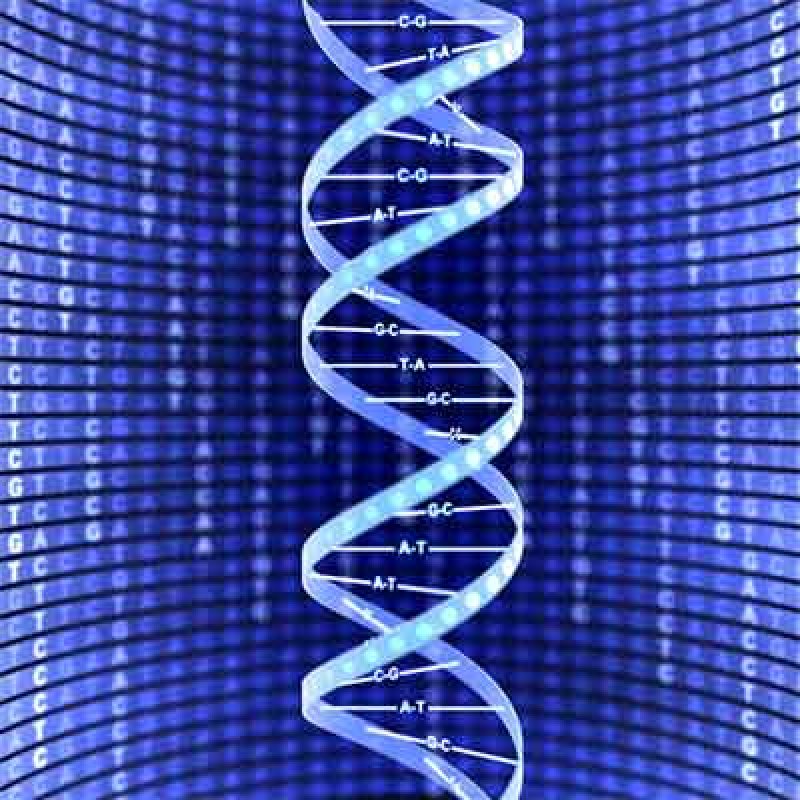…
Messer’s presentation highlighted a potential snag for plans to engineer wild ecosystems: Nature usually finds a way around our meddling…Mosquitoes and invasive species reprogrammed with gene drives can be expected to adapt as well, especially if the gene drive is harmful to the organism—it’ll try to survive by breaking the drive.
“In the long run, even with a gene drive, evolution wins in the end,” said Kevin Esvelt….
…
According to Messer, his [mathematical] model suggests “resistance will evolve almost inevitably in standard gene drive systems.”
…
“What we found was [the effects of CRISPR are]…dependent on two things: the non-homologous end-joining rate and the population size,” said Robert Unckless…“If you can’t get non-homologous end joining under control, resistance is inevitable. But resistance could take a while to spread, which means you might be able to achieve whatever goal you want to achieve.”
The GLP aggregated and excerpted this blog/article to reflect the diversity of news, opinion and analysis. Read full, original post: When Evolution Fights Back Against Genetic Engineering































